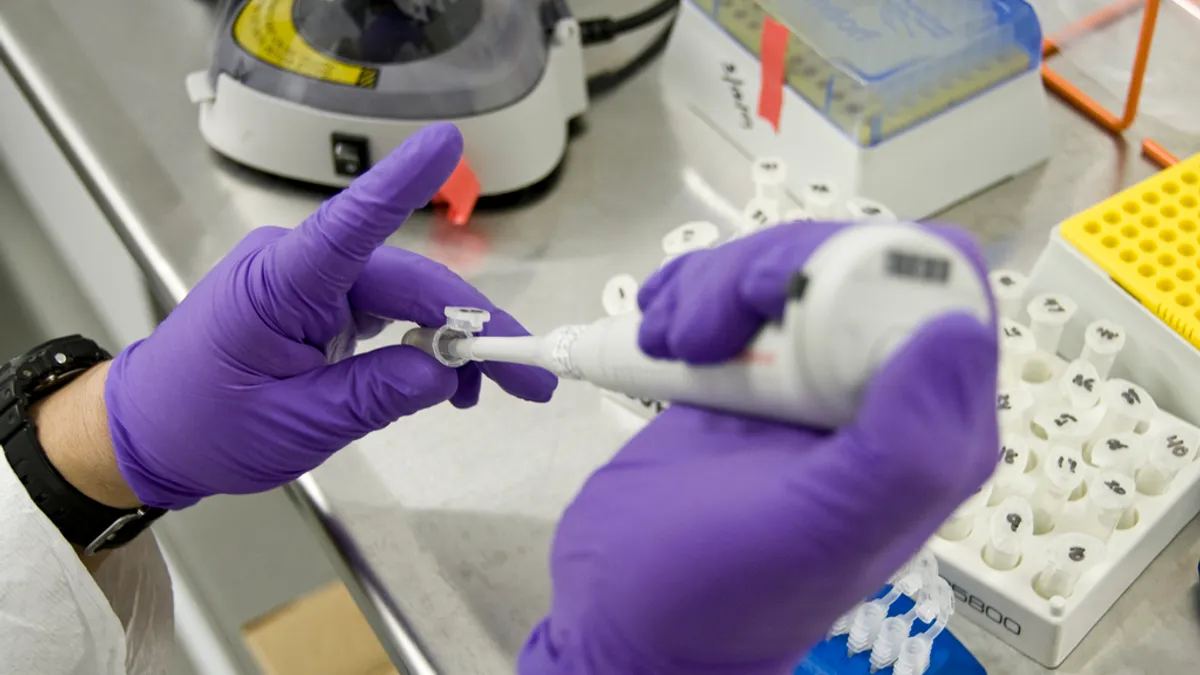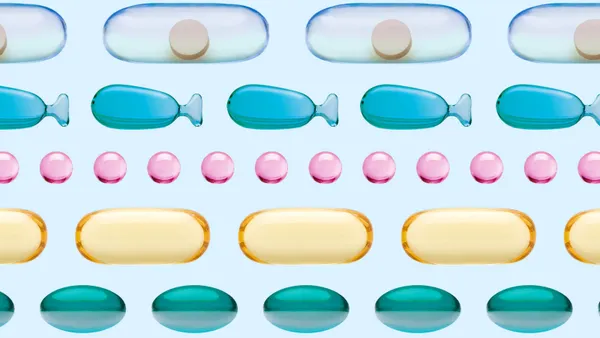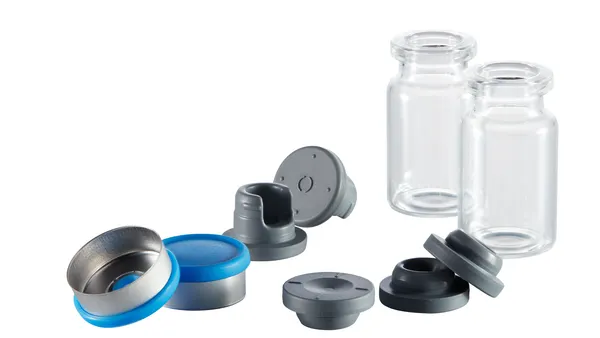Dive Brief:
- The Food and Drug Administration has hit three drugmakers with warning letters following the observance of poorly documented procedures and deviations from current Good Manufacturing Practices.
- The three companies to receive letters were Lijiang Yinghua Biochemical and Pharmaceutical in China, Degasa in Mexico, and Phase 4 Pharmaceutical in Florida. The letter to Phase 4 originated from the Office of Pharmaceutical Quality Operations in Dallas, whereas the other warnings were issued by the FDA's Center for Drug Evaluation and Research.
- So far this year, the FDA has issued 28 cGMP-focused letters for pharmaceutical drug products, finished pharmaceutical products, or active pharmaceutical ingredients.
Dive Insight:
Though all three warnings from mid-April were issued to plants in different parts of the world, one common thread among them is a departure from current Good Manufacturing Practices.
At Lijiang Yinghua Biochemical and Pharmaceutical, the focus of the GMP violations was on active pharmaceutical ingredients (APIs) and the company's failure to sufficiently document data quality. The company released batches of this API before testing, among other problems.
The FDA determined the company did not adequately address concerns about the testing equipment and that it did not secure restricted access to lab equipment. The company could not produce data from previous high-performance liquid chromatography assay and stability runs, and there were quality issues related to testing equipment and integrity of the data produced therein. In response, FDA officials requested Lijiang Yinghua follow up with a consultant and submit a global corrective action and preventive action plan (CAPA).
In the letter, FDA said it issued an Import Alert 66-40 on Feb. 8, and said that if the deviations are not corrected in 15 days, the agency would continue to not allow goods manufactured at the facility.
cGMP violations were also center stage at Degasa S.A. De C.V. in Mexico, where the firm was written up for not testing microbial limits of its antiseptic treatments and topical drug products.
The regulatory body found the plant's water was not of a quality suitable enough to produce the water-based medications it was manufacturing and suggested the installation and validation of a suitable water system via a CAPA.
In addition, Degasa was warned about mislabeling its products, including the misbranding of its items meant as bactericidals and antibiotic cleansers for use prior to surgical procedures. Topical antimicrobials meant as patient preoperative skin preparations must undergo drug review as over-the-counter products, the agency said, and the "Drug Facts" portion of the label also did not clearly spell out the warnings in all the languages that appeared on other parts of the label.
Lastly, a third firm, Phase 4 Pharmaceutical, was hit with a letter detailing the company's lack of oversight as it relates to repackaging. Officials found that among other cGMP deficiencies, the OTC transdermal drug patches that were repackaged by the firm were done so improperly in plastic zippered bags.
The drug products in sandwich-type bags were not different enough from other drug products the firm repackages, which could lead to product mix-up, according to the agency, and bags were not properly labeled with expiration dates and lot numbers, which could be problematic in the event of a product recall.
Though the company explained it was following quality control procedures for food products, and said it had intentions to switch from producing drug products to homeopathic medicines, FDA countered, "Simply switching your products to 'homeopathic topical applications' will not necessarily render your products 'non-drug forms.'" And, even homeopathic medicines need to be produced according to GMP requirements, the agency added.
Patches that were tested for potency for a handful of products were found to be subpotent as well, with some films having no active ingredient content at all. FDA gave the company 15 days to respond.












